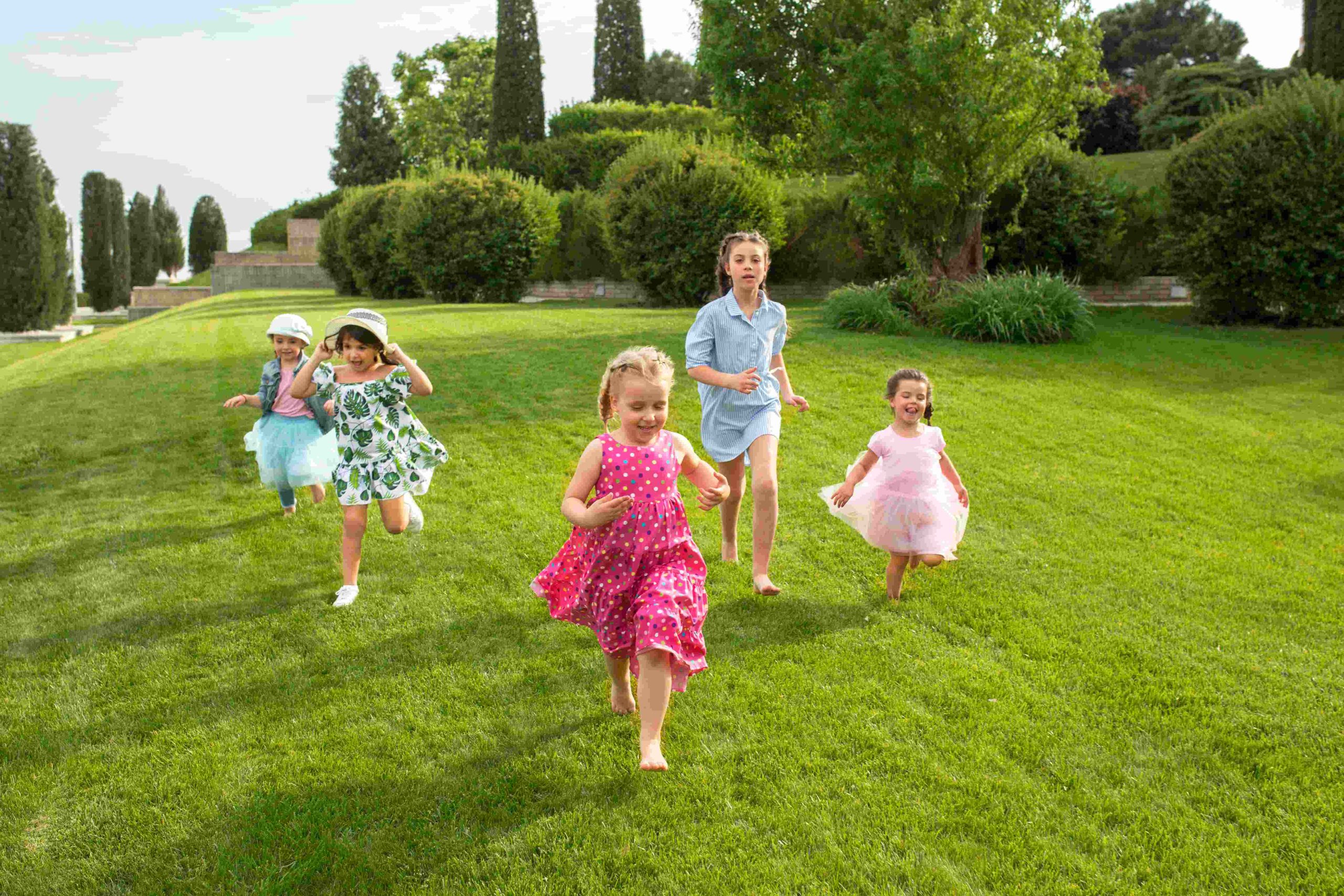
Promoting Preschoolers’ Mental Health and Well-Being: Creating a Happy Classroom
For young preschoolers to grow and succeed in life, their mental health is essential. Therefore, it’s critical to establish a joyful learning atmosphere in the classroom that promotes good mental health. Preschoolers feel protected, supported, and comfortable in a joyful classroom. In this article, we examine what constitutes a joyful classroom from the standpoint of mental health.
How to Create a Safe Space
Creating a safe space in the classroom is the first step towards making it joyful. A safe space is a psychological and physical setting where young preschoolers can feel protected, respected, and accepted. The layout, lighting, and temperature of the classroom, as well as the connections between the preschoolers and their instructor, are examples of the physical and emotional components of a safe setting. It’s critical to establish limits and regulations to create a safe environment. Preschoolers need to understand what is expected of them, as well as what behavior is appropriate and inappropriate. These limitations and guidelines should be communicated and used by teachers in a clear, consistent manner, benefitting preschoolers through constancy in knowing that they are in a safe environment and feeling secure.
Creating Good Relationships
Building a supportive community in the classroom is the next step in making it a happy place. Preschoolers who have positive relationships with their instructors feel safe, trusted, and like they belong. Having good relationships in the classroom also fosters a sense of community. Teachers should interact with preschoolers in a variety of ways to foster strong relationships. They can interact one-on-one with preschoolers, participate in group activities, and offer chances for preschoolers to work together. Teachers can develop relationships with preschoolers and earn their trust by interacting with them in a variety of ways.
Promote Self-Expression
Encourage self-expression as the third stage in building a joyful learning environment. Self-expression is the capacity to communicate in a genuine and true-to-oneself manner. Preschoolers need to feel that their thoughts and feelings are appreciated and cherished. Promoting self-expression aids in developing a sense of independence and self-worth. Teachers should provide toddlers the chance to express themselves to promote self-expression. Preschoolers may express themselves through art, music, and dance when teachers provide them the opportunity to do so, engage in meaningful conversations, and ask open-ended questions. Teachers support young preschoolers’ mental health and help them develop a healthy sense of self through fostering self-expression.
Developing Emotional Control
Promoting emotional control is the fourth step to a happy classroom. The capacity to control and regulate one’s emotions in a healthy and appropriate manner is known as emotional regulation. For preschoolers to handle the ups and downs of daily life, as well as stress and hardship, they must learn emotional regulation abilities. Teachers can give toddlers tools and coping mechanisms to help them regulate their emotions. These techniques and tools may consist of deep breathing exercises, mindfulness exercises, and encouraging self-talk. Teachers assist toddlers in building resilience and promoting their mental health by encouraging emotional regulation.
Promoting Good Behavior
Fostering positive behavior is the sixth step to a happy classroom. Respectful, helpful, and kind behavior is referred to as positive behavior. To build wholesome relationships with others and contribute to a great learning environment, preschoolers must learn constructive behavior. Teachers can use positive reinforcement for good behavior to encourage preschoolers’ good behavior. Additionally, teachers should speak positively to preschoolers and set an example for them by modeling good behavior. Teachers can improve the mood in the classroom and the mental health of preschoolers by encouraging positive behavior.
Providing Assistance
Giving assistance is the last stage in building a joyful learning environment. Early learners require assistance when they are overcoming obstacles, feeling stress, or managing challenging emotions. Giving assistance promotes preschoolers’ sense of worth, care, and understanding. Teachers can foster a helpful and nurturing environment to offer support. When toddlers share their feelings, teachers can actively listen to them, acknowledge their sentiments, and, if necessary, offer consolation and confidence. Teachers can also direct preschoolers who might want more care from mental health specialists to resources and other services.
It’s crucial to keep in mind that supporting mental health in the classroom is a continuous process that calls for consistency, effort, and attention. To make sure that preschoolers are getting the help and resources they need to succeed, it is vital for teachers to routinely assess their classroom procedures and make changes as needed.
Conclusion
In conclusion, fostering a joyful classroom from the standpoint of mental health necessitates a multifaceted strategy. It entails making a safe environment, developing wholesome relationships, boosting self-expression, encouraging emotional control, supporting constructive behavior, and so forth. Teachers can foster a joyful and healthy classroom atmosphere that supports preschoolers’ mental health and well-being by concentrating on these factors.
Techniques for Encouraging Emotional Control in Young Preschool
A crucial component of mental health and well-being is emotional regulation, especially for young preschoolers who are still learning how to manage their emotions. Here are some methods educators can employ to encourage emotional control in the classroom:
The Significance of Developing Good Relationships with Young Preschool
Promoting mental health and well-being in preschoolers requires developing meaningful relationships with them. Here are a few explanations:
The Value of Giving Young Preschool Support
Promoting preschoolers’ mental health and well-being requires support for them. Here are a few explanations:
The Importance of Encouraging Good Behavior in Preschoolers
Promoting mental health and well-being in preschoolers requires encouraging positive behavior. Here are a few explanations:
Techniques for Assisting Young Preschool with Mental Health Issues
To advance their mental health and well-being, preschoolers with mental health issues need special care. Teachers can use the following techniques to offer support:


